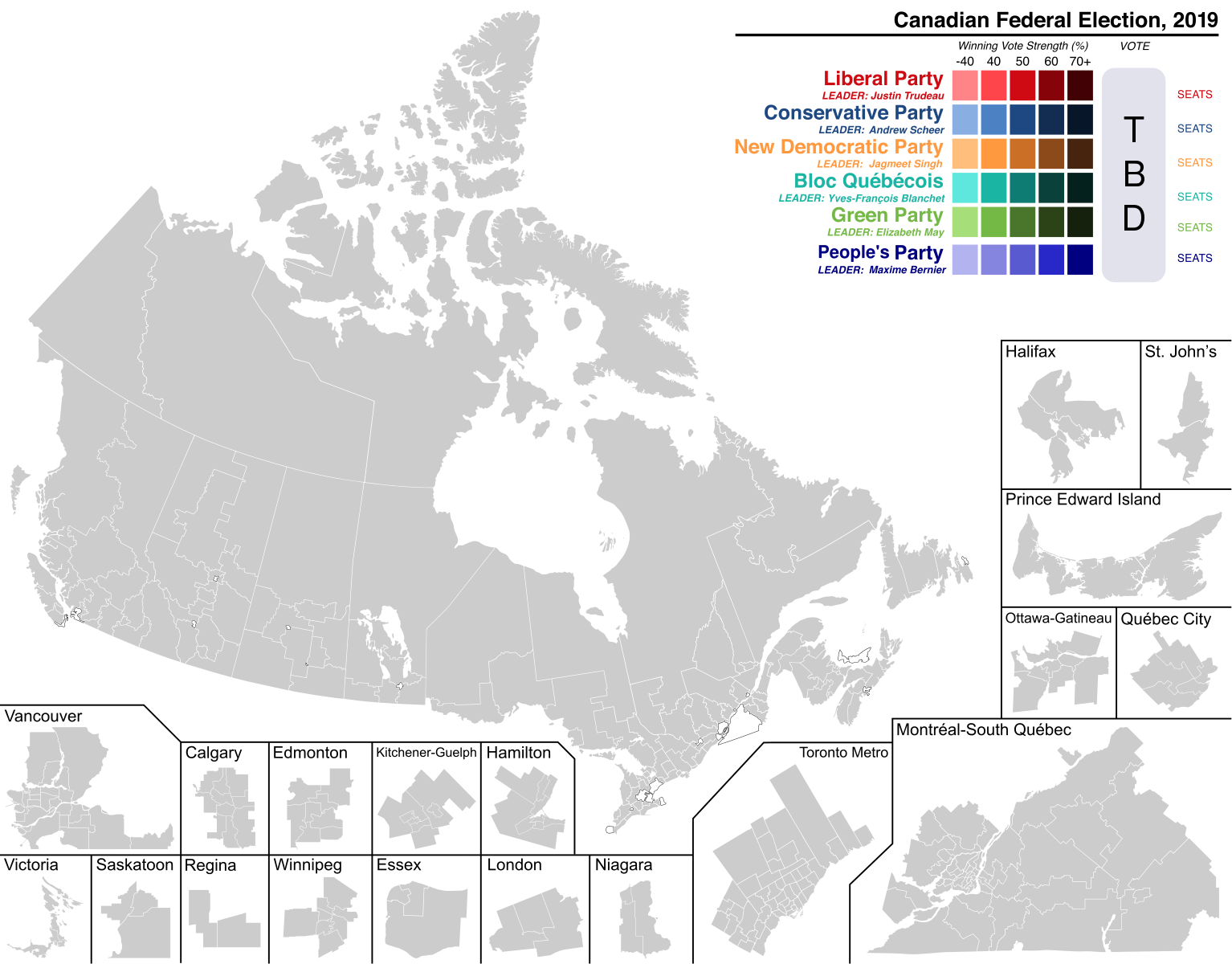On October 21, Canadians will vote in the 2019 federal election. Most rabble.ca readers are well aware of this fact and many of you are working tirelessly to get out the vote. Here is a toolkit to help you in your efforts and to dig through misinformation.
Election Act changes
In December 2018, the federal government passed reforms to the Election Act which undid many of the amendments made by the Harper government. This means that there is a limit on campaign length, less money allowed in campaigns and more of us can vote again. Here is a reminder of what had changed in the previous election. Therefore, before you dust off the last “get out the vote” materials, make sure you learn about current rules from the Election Canada 2019 election website, because the rules on who can vote and the identification needed are among the things which have changed.
Fact-checking the memes
Through the Elections Act, the government also authorized an effort to combat the influence of social media ads and global interests on the election. Canada is maintaining a public database of who’s buying ads and requiring election ad purchasers to submit documentation showing they’re Canadian. Take a look and maybe a researcher could dig into the database entries to find out who is really supporting the different parties.
Facebook is currently working with Agence France-Presse (AFP) Fact Check, to review content in English and French during the federal election. AFP Fact Check does not check every single meme making the rounds but it is a very useful place to start and gives you an idea of some of the lies being spread. The bigger issue, as Elizabeth Warren demonstrated, is that political ads with lies are easily published on Facebook. Take on that issue by pressuring Facebook and all social media outlets to ensure that, at the very least, communication linked to politicians and political campaigns is fact checked before it is posted.
Right now we are left flagging fake news ourselves. Here is a great article by Hannah Jackson of Global News, in which experts like Gordon Pennycook explain what fake news could look like during the election. If you think something may be fake news, tag it and, if AFP Fact Check does find it is false, they will message you.
Investigating party platforms
The press persists on comparing apples to oranges when it comes to the party platforms. The federal Conservatives are trying out Ontario Premier Doug Ford’s trick of not releasing a costed-out budget and instead just making vague promises. I wish mainstream media initiatives like this one by CBC would leave the Conservative “platform” section blank. Green Party Leader Elizabeth May mentioned the Institute for Fiscal Studies and Democracy grades for platforms during the leaders debate in English on October 7. The site I found more interesting as an activist and researcher is the parliamentary budget officer’s running list of federal election proposal costing. The Conservatives have asked for costing of things like moving the Canadian embassy in Israel to Jerusalem, opening an RCMP national museum and reopening the office of religious freedom. This is the closest you will get to a real cost analysis of Conservative proposals.
Geeky tools to dig into memes
When Emma Jacobs from Public Radio International interviewed the person heading up the AFP Fact Check initiative, he shared his online fact-checking tool kit after saying that a lot of the info is found by good old-fashioned checking with the source.
Regardless, for researchers who really want to investigate something here are some of the websites from his fact-checking tool kit.
- Reverse-image search engines
- Video analysis
- Verifying domain information
- Social media monitoring
- Archiving links to false content
- Scrape and search Instagram comments
- Twitter hoax tracking
Maya Bhullar is the Activist Toolkit coordinator at rabble.ca. She has over 15 years of professional experience in diverse areas such as migration, labour, urban planning and community mobilization.




